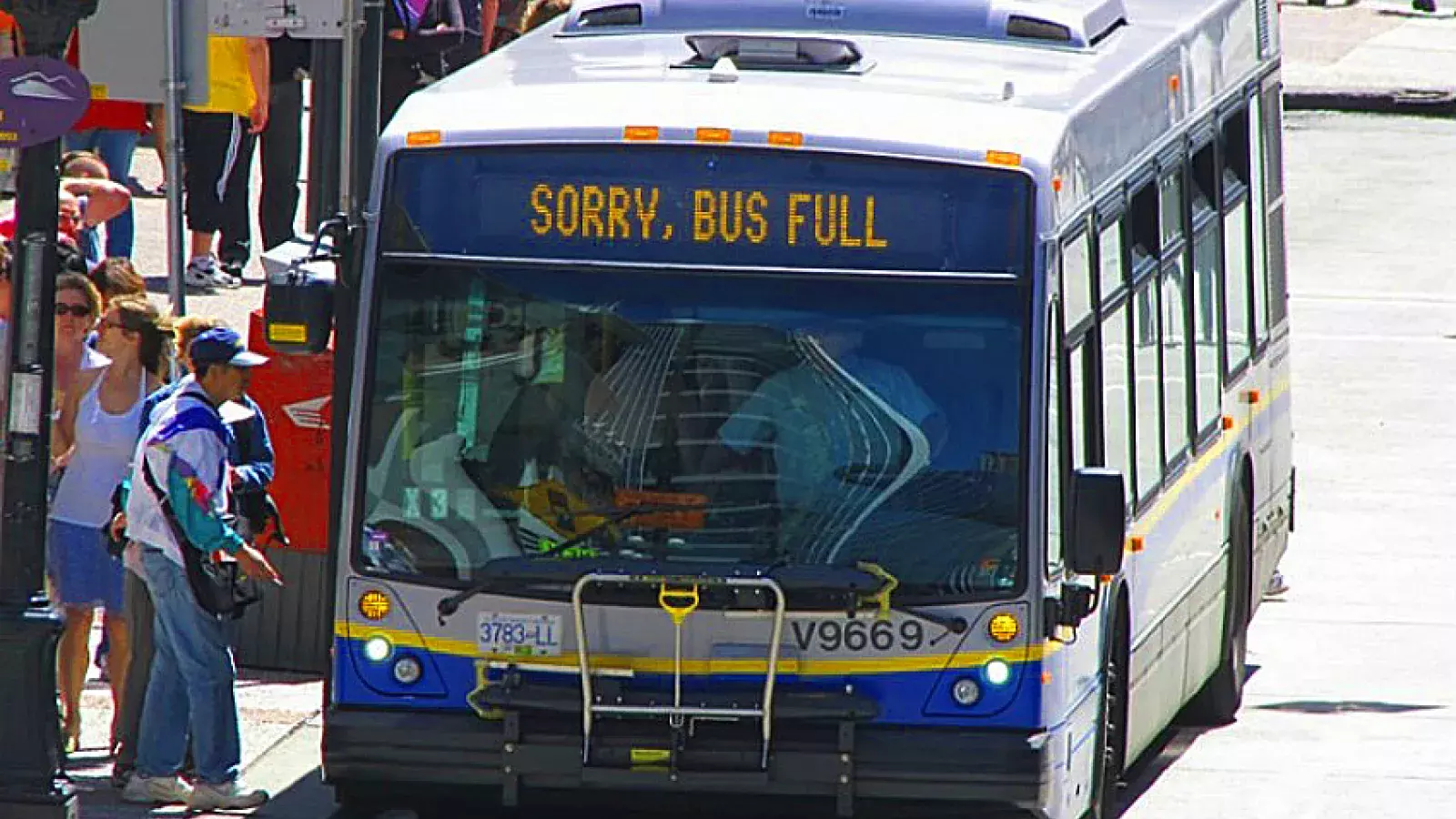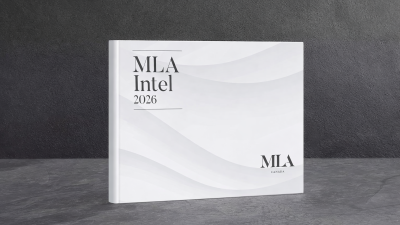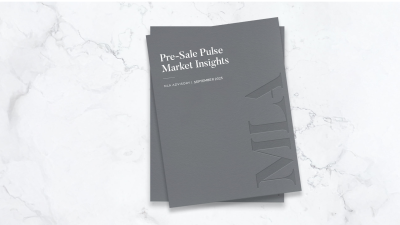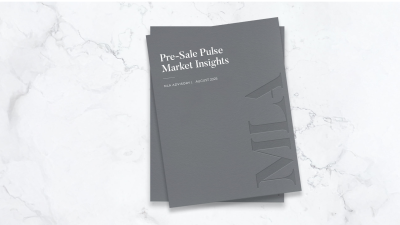Metro Vancouver Votes 'No' in the Transit Referendum
Given the recent announcement of the public voting No to a regional ‘Congestion Improvement Tax’ increase of .05%, there has been significant debate over what this means for transit moving forward. The transit plebiscite addressed the need to improve transportation to reduce congestion in Metro Vancouver. The funds would have assisted a $2.1-billion light rail transit network in Surrey, a $1-billion replacement of the Pattullo Bridge, extension of Sky Train Millennium Line, 11 new B-line routes, 400 new buses to increase service by 25%, and an 80% increase in night bus services, among other upgrades to public transit.
With projections of 1 million new residents in the next 30 years, traffic and congestion are expected to worsen. I think we can all agree that the plebiscite was not about whether we need improvements to our public transportation and road infrastructure but rather how to pay for those improvements. Now that the public has voted No to the $7.5 billion dollar regional transportation plan to fund these upgrades, what does that mean for Vancouver and its growing population?
Congestion and Delays
Congestion and delays will continue to increase as more people apply pressure to the system. With the population growing at roughly 40,000 people per year and current funding levels only allowing us to maintain what we have rather than add services, buses and roads will be packed and infrastructure projects will be de-prioritized and slow.
Cost to the public
Regardless of the No vote, the public is still ultimately going to pay for the improvements, it’s just a matter of how. The Mayor’s Council has previously debated many other avenues of raising the capital including various taxes on parking, rental cars, vehicle levies, vehicle sales tax, container fees as well as increasing taxes on existing fuel, carbon and property taxes. They continue to lobby the provincial government for additional funds as well as examining how those funds are allocated currently. Much debate and some hard decisions are to come. At minimum we can expect Translink fares to increase as well as tolls on major roadways such as the Pattullo Bridge.
Private Partners
Many private, third parties have a vested interest in improved transit. For example, the light rail transit network in Surrey “will be built no matter what” says Mayor Linda Hepner, who has already received interest in private partners for this project. The Mayor’s Council will need to be smart when targeting private funds in order to minimize trickle-down effect to the public, especially where housing is concerned.
Though we cannot be completely certain of the exact implications of the No vote, we are back to square one so expect much debate and discussion over public transportation networks in order to accommodate our growing region. The conversation has only just begun.



